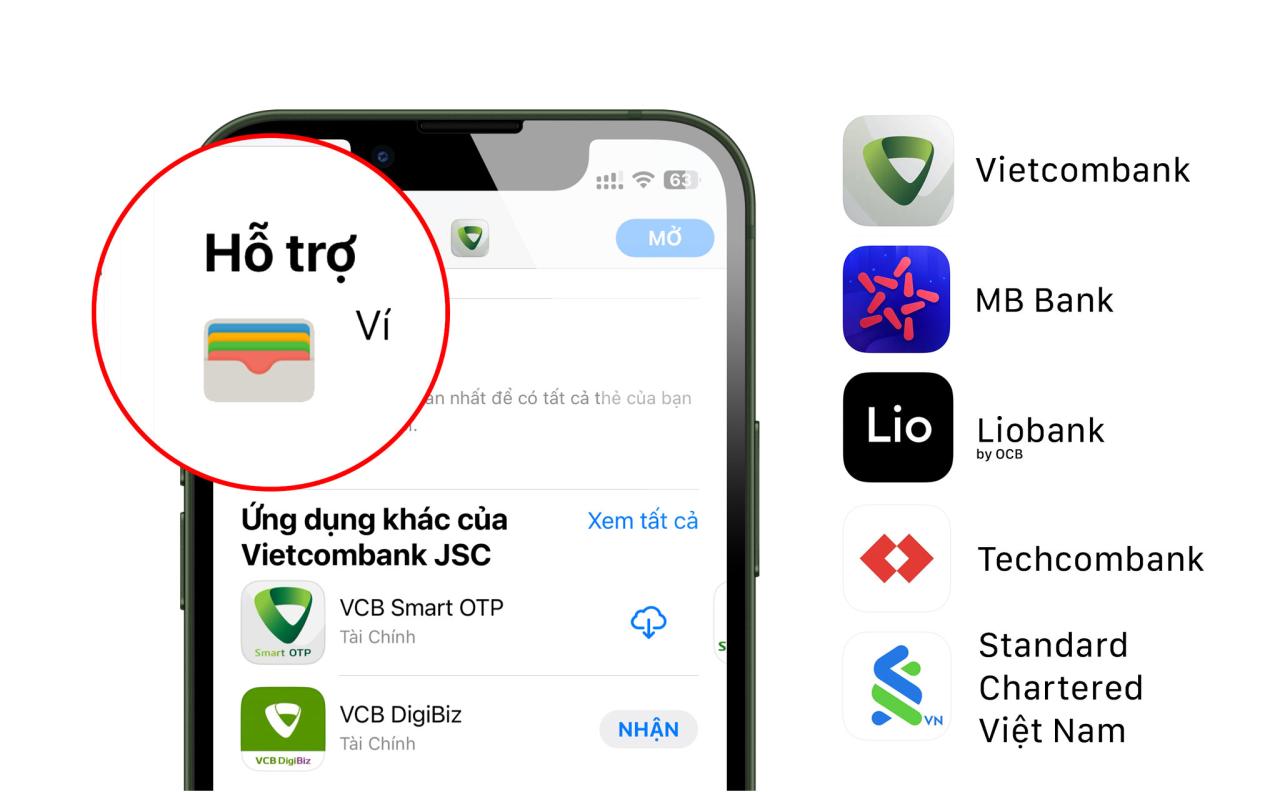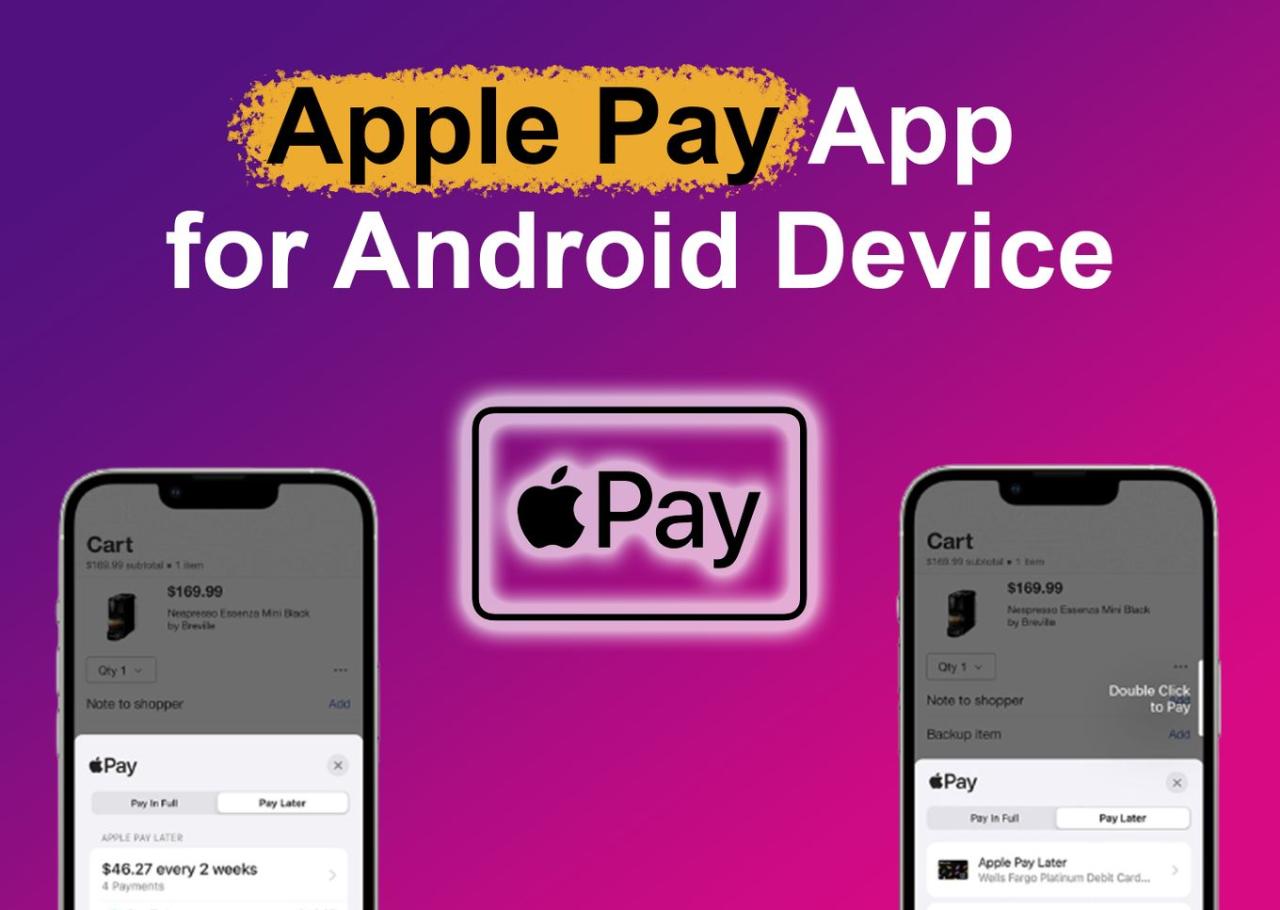Apple to pay $95M to settle lawsuit accusing Siri of eavesdropping – that’s a headline that grabbed everyone’s attention! This massive settlement stems from allegations that Apple’s virtual assistant, Siri, was secretly recording and storing users’ private conversations. The lawsuit claimed this violated users’ privacy rights, leading to a significant financial penalty for the tech giant. We’ll dive into the details of the lawsuit, Apple’s response, and the implications for your privacy.
The case highlights the growing concerns surrounding data privacy in the age of smart assistants. It forced Apple to confront serious allegations about the collection and use of user data by Siri. The settlement amount, while substantial, also raises questions about the adequacy of current privacy protections and the potential for future legal action against tech companies dealing with similar issues.
We’ll examine how this settlement might influence future privacy practices, both within Apple and across the tech industry as a whole.
Apple’s $95 million settlement over Siri’s alleged eavesdropping highlights privacy concerns around voice assistants. If you’re building a voice-activated app and need a super realistic voice, check out the best AI voice generator for realistic human voices to ensure user data is handled responsibly. This whole situation makes you think twice about the tech we use daily, right?
The Apple case is a big reminder of the importance of data security in voice technology.
The Siri Eavesdropping Lawsuit: A $95 Million Settlement
Apple recently agreed to pay $95 million to settle a class-action lawsuit alleging that its virtual assistant, Siri, was secretly recording and storing users’ private conversations. This settlement marks a significant development in the ongoing debate surrounding the privacy implications of voice-activated assistants and the vast amounts of data they collect. This article delves into the details of the lawsuit, Apple’s response, Siri’s privacy features, and the broader implications for consumer trust and future regulations.
The Lawsuit’s Allegations, Apple to pay M to settle lawsuit accusing Siri of eavesdropping
The lawsuit, filed in 2019, accused Apple of violating various state wiretap laws and breaching its users’ privacy. Plaintiffs claimed that Siri activated and recorded conversations without explicit user consent, storing this data on Apple’s servers. The legal basis for their arguments centered on the assertion that the recording of private conversations without informed consent constitutes an illegal interception of communications.
The timeline began with numerous anecdotal reports of Siri seemingly activating and recording conversations unintentionally. These reports culminated in the formal filing of the class-action lawsuit, leading to years of legal proceedings before the eventual settlement.
Apple’s $95 million settlement over Siri’s alleged eavesdropping highlights privacy concerns around voice assistants. This raises questions about the data used to train AI, like those used by an ai voice generator , and how that data is protected. Ultimately, the lawsuit underscores the need for greater transparency and robust security measures in the development and deployment of voice recognition technology, especially given Apple’s vast user base.
| Allegation | Supporting Evidence | Plaintiff’s Argument | Apple’s Response (if available) |
|---|---|---|---|
| Siri activated and recorded conversations without user consent. | Anecdotal user reports, expert testimony on Siri’s functionality. | This violated wiretap laws and breached user privacy expectations. | Apple initially denied the allegations, citing security measures and user controls. |
| Recorded data was stored on Apple servers without adequate security measures. | Expert analysis of Apple’s data storage practices. | This created a risk of data breaches and unauthorized access to private information. | Apple argued that data security measures were in place and continuously improved. |
| Apple failed to adequately inform users about Siri’s data collection practices. | Analysis of Apple’s privacy policy and user interface. | Users were not given informed consent to the extent of data collection. | Apple contended that its privacy policy was clear and accessible. |
Apple’s Response and Settlement

Apple initially denied the allegations, emphasizing its commitment to user privacy and the security measures implemented in Siri. However, the company ultimately decided to settle the lawsuit, likely to avoid the costs and uncertainties associated with a protracted legal battle and potential negative publicity. The $95 million settlement is significant, but its size relative to Apple’s financial resources and the potential damages awarded if the case went to trial is debatable.
The settlement’s implications for Apple’s future privacy practices likely include a renewed focus on transparency and user control over data collection, potentially involving updated privacy policies and more prominent user prompts regarding Siri’s functionality.
Siri’s Privacy Features and Functionality

Siri incorporates several privacy features, including the ability to delete recorded data and control data sharing settings. Siri collects user data, such as voice commands, location information, and search queries, to personalize its responses and improve its functionality. This data collection is comparable to other virtual assistants, though specific practices may vary. A hypothetical improved privacy policy for Siri would involve more granular user controls, allowing users to selectively enable or disable data collection for specific features.
For instance, users could choose to allow location tracking only for navigation purposes, or disable voice recording entirely unless explicitly activated.
Impact on Consumer Trust and Future Regulations

The lawsuit and subsequent settlement could erode consumer trust in Apple products, especially concerning data privacy. This event could also accelerate the development of stricter regulations concerning virtual assistant data collection and usage. The potential economic impact of similar privacy breaches on tech companies is substantial, encompassing legal costs, reputational damage, and potential loss of market share.
- Regularly review and adjust your Siri privacy settings.
- Be mindful of what you say when using Siri, especially sensitive information.
- Consider disabling Siri’s always-listening feature if you have privacy concerns.
- Keep your iOS device software updated to benefit from the latest security patches.
Illustrative Examples of Privacy Concerns

Imagine a user discussing a confidential medical diagnosis with a friend while Siri is inadvertently activated. The conversation, including the sensitive medical information, is recorded and stored on Apple’s servers. This data could potentially be accessed by unauthorized individuals, leading to identity theft or medical record fraud. In another scenario, a malicious actor could potentially exploit vulnerabilities in Siri to gain unauthorized access to a user’s device or personal information, potentially leading to financial loss or identity theft.
Such scenarios highlight the need for robust security measures and transparent data handling practices by tech companies.
Last Word: Apple To Pay M To Settle Lawsuit Accusing Siri Of Eavesdropping
The $95 million settlement in the Siri eavesdropping lawsuit marks a significant turning point in the ongoing conversation about privacy in the tech world. While the settlement offers some closure for the plaintiffs, it also underscores the importance of user privacy and the potential legal consequences of neglecting it. Apple’s response and the potential for future regulations suggest a need for greater transparency and stronger safeguards to protect user data.
So, Apple’s forking over $95 million to settle that Siri eavesdropping lawsuit – a hefty price for peace of mind, right? If you’re looking for a career change after hearing about all that data collection, maybe check out some surgical tech programs near me with financial aid options – a field where privacy is definitely paramount! Anyway, back to Apple – that’s a lot of money to pay for a privacy slip-up!
This case serves as a stark reminder to consumers about the importance of being aware of the data collected by their devices and to tech companies about the crucial need for responsible data handling.
Questions and Answers
What specific data did Siri allegedly collect?
The lawsuit alleged Siri collected and stored various types of user data, including voice recordings of conversations, location data, and contact information.
How did Apple respond to the allegations before settling?
Apple initially denied the allegations, but eventually chose to settle to avoid a lengthy and potentially costly trial.
What changes, if any, has Apple made to Siri’s privacy settings since the lawsuit?
While specifics aren’t publicly available, the settlement likely prompted internal reviews and potential updates to Siri’s data handling practices, though the exact nature of those changes is not publicly known.
Could I be compensated as part of this settlement?
The details of the settlement distribution are usually Artikeld in the legal documents. You would need to check the official legal announcements to determine eligibility for compensation.
